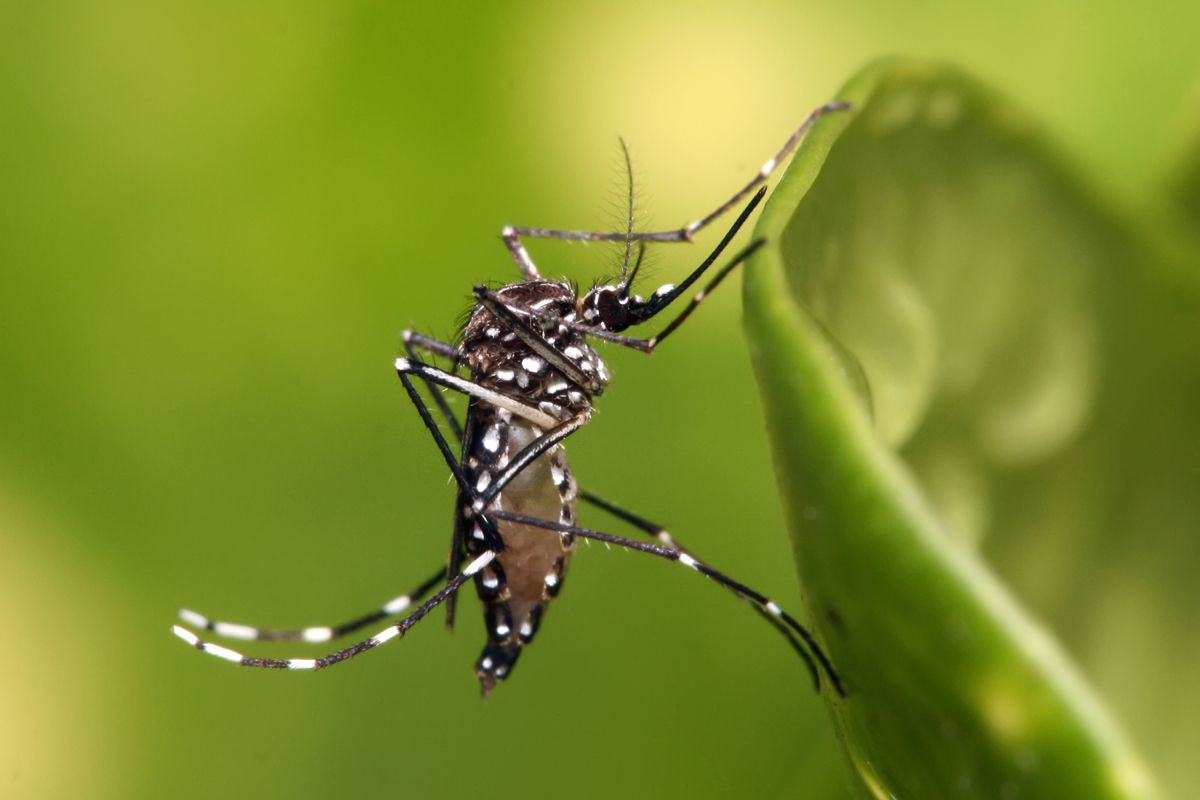
Could genetically modified insects be used to control the spread of human disease? Would farmers benefit if insects were modified in order to reduce crop pests? What are the safety and ethical concerns over the release of genetically modified insects? How should this emerging technology be regulated?
A new inquiry into the possible uses of GM insect technologies is today launched by the House of Lords Science and Technology Committee; the investigation will aim to shed light on these and other areas.
The development of GM insects is a growing area of scientific research, looking to explore, among other things, the potential benefits to public health and agriculture. Following their inquiry the Committee will publish a report including recommendations to the Government which could help shape this developing area.
The Committee is seeking written evidence from as wide an audience as possible.
Questions which the inquiry will aim to cover include:
• Which human diseases, across the world, could be addressed through GM insect technology?
• Are there any human disease risks in Europe, particularly the UK, for which GM insects are under development?
• What are the possible livestock and agricultural crop applications of GM insects across the world? Are there any potential applications of relevance to UK agriculture?
• What could GM insects do that other approaches, such as biological control methods, can’t?
• Do the current EU and UK GMOs regulatory frameworks work for GM insects?
• Are there lessons to be learnt from the regulation of GM insects in other countries such as Brazil?
• How is research into the development of GM insects currently funded, and how can we attract more private funding?
• Given the possible public health benefits of GM insects, should the Government be funding their commercialisation?
• How could the UK benefit economically from both developing GM insect technology and its use within the UK?
• How can the gap between regulatory approaches and public concerns over GMOs be addressed?
Chair of the Committee, Lord Selborne, said:
“The development of GM insects is an emerging area of bioscience that presents a host of questions as well as opportunities. Concerns about lasting effects on our ecosystems and rapid spread must be considered alongside the potential opportunities for disease control and agricultural pest management.
“The policy implications of developing GM insect technologies include how the UK actively funds research, how the current regulations for genetically modified organisms can be applied, and what the potential economic benefits might be from this industry.
“What we hope to do with this inquiry is to probe some of these areas, and establish a clearer picture for the scientific community as well as the public. I welcome the contribution of written evidence in order that we can carry out the most thorough and informative inquiry possible.”
The Committee is inviting written evidence on the issue, to be received by 18 September 2015.
